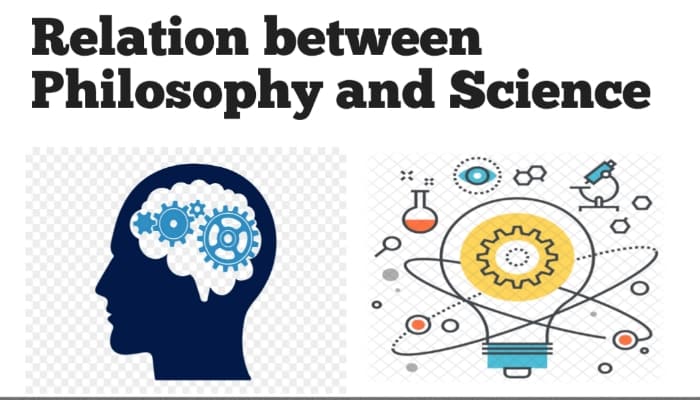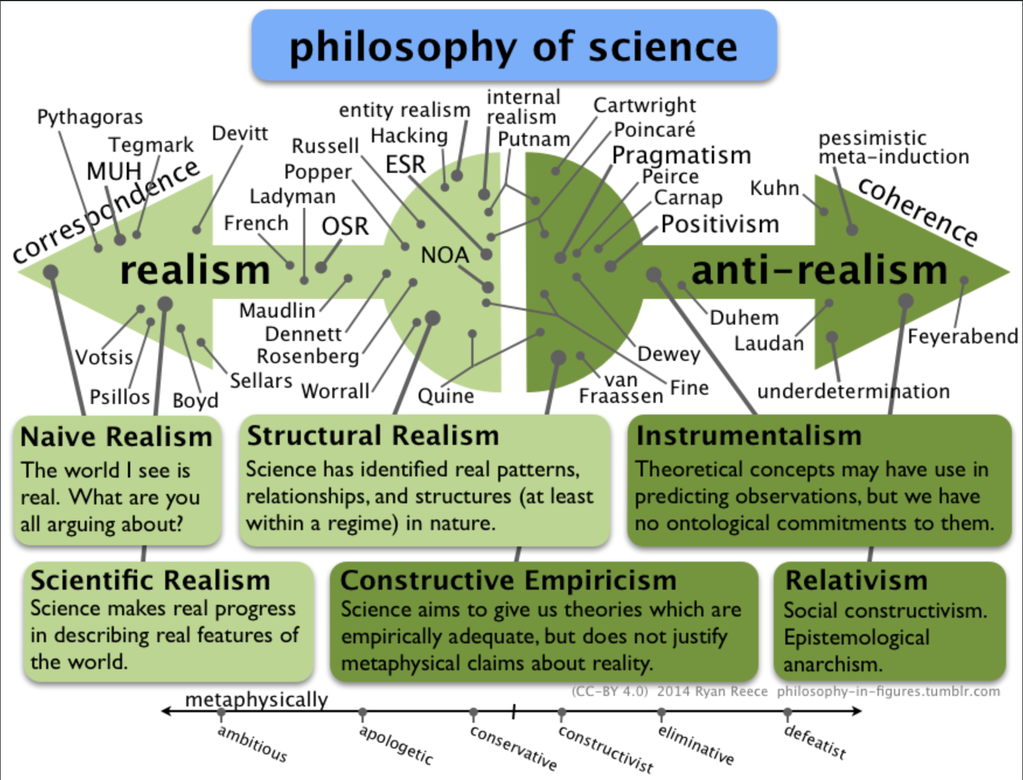Philosophy and Science: A Continuous Relationship
Science has always been influenced by philosophy in its development throughout history. Both fields overlap with each other in many aspects and continually shape each other. In this article, we will discuss the relationship between philosophy and science in different perspectives.
The Origins of Science
During the early periods, many pioneering scientists were called ‘natural philosophers’ as they were interested in investigating and understanding natural phenomena through systematic observations and experiments. Figures like Isaac Newton, Gottfried Leibniz, and Galileo Galilei made groundbreaking discoveries in physics and mathematics but were not referred to as ‘scientists’. The term ‘science’ itself has evolved from the Latin word ‘scientia’ which means ‘knowledge’. Many sciences like physics, chemistry, and biology have philosophical roots. Concepts in natural sciences were first developed and discussed through philosophical inquiries. Even modern concepts like the scientific method, reproducibility, and objectivity have emerged from philosophical debates on the nature of knowledge and reliable ways of attaining truths. Philosophy of science examines the fundamental assumptions and implications of scientific theories and methods.

Philosophy and the Development of Formal Sciences
Several branches of mathematics and logic have their origins within philosophy as well. Mathematicians like Archimedes were known to contribute greatly to both fields. Even today, philosophers continue to investigate foundational questions in mathematics like the nature of numbers, set theory, and formal logic through the philosophy of mathematics. Other formal disciplines are based on assumptions called axioms and deal with theoretical objects defined by those axioms. In these fields, statements can be proved or disproved based on logical deductions from the axioms alone. Philosophy employs a similar axiomatic and deductive approach in domains like ethics, epistemology, and metaphysics. Both philosophy and formal sciences involve creative conceptualization rather than empirical verification.
The Emergence of Empirical Sciences
As scientific practices became more rigorous and empirical over time, some differences emerged between sciences and philosophy. While philosophy often focuses on conceptual analysis, sciences rely on testing hypotheses through experiments and observations of the natural world. Sciences are considered more ‘applied’ as their key objectives involve understanding and predicting real-world phenomena. Empirical fields like physics and biology are constrained by observable facts and cannot arbitrarily define axioms. Any assumption that contradicts empirical evidence must be rejected or modified. In sciences, the concept of ‘truth’ takes a more nuanced view involving approximate accuracy rather than absolute logical deduction. Hypotheses are provisionally accepted based on how well they explain and predict observations.
Continued Influence of Philosophy on Modern Science
Despite increased focus on experimentation, philosophy still plays important roles in scientific advancements. Scientists frequently engage in philosophy of science to analyze logical and conceptual foundations of their disciplines. Philosophical problems like confirmation vs falsification of theories, reductionism, scientific realism, and demarcation criteria for science vs pseudoscience are actively discussed. Areas like philosophy of space and time, philosophy of mind and consciousness, and philosophy of biology investigate how philosophical frameworks shape scientific understandings in their domains. New scientific theories or anomalies often prompt philosophical analysis and revisions. Modern physics, for instance, presents challenges to traditional philosophical views of spacetime, causality, and scientific objectivity.
Challenges at the Science-Philosophy Interface
While their interactions remain fruitful, different epistemological orientations of science and philosophy can create tensions as well. Scientists commonly perceive philosophy as vague and lacking practical applications compared to empirical findings. However, ignoring conceptual questions can limit theoretical development and lead sciences to face unexpected issues later on. Conversely, some philosophers are accused of being detached from factual realities established by sciences. Overly abstract speculation risks becoming meaningless or eventually falsified by new empirical evidence. There are also debates on demarcating philosophy of science from pseudophilosophy masquerading as conceptual analysis. Striking the right balance is important for both fields to thrive.
Ensuring Productive Engagements
Ideally, philosophy should keep pace with scientific progress by re-evaluating metaphysical frameworks and advancing new conceptual tools as needed. At the same time, sciences risk becoming myopic without philosophical perspective on their assumptions, argument forms, and explanatory limits. Regular cross-disciplinary interactions through collaborative research and interdisciplinary education help address the inherent challenges at their interface. Future progress will depend on maintaining mutually respectful engagements between natural scientists, mathematicians, logicians, and philosophers. Both camps need to appreciate each other’s distinct yet intertwined roles in expanding human knowledge. While philosophy may never became an empirical discipline or science a purely conceptual one, their relationship will likely remain cooperative and evolving.
Conclusion
In summary, philosophy and science share an intrinsic relationship where they have significantly influenced each other throughout history. Philosophy provided foundations for the emergence of several sciences and continues shaping scientific understandings through analysis of foundational problems. Likewise, new empirical findings often lead to philosophical reconsiderations.
Though some differences exist in their methodologies, maintaining fruitful exchanges between the two fields will be important for maximizing cultural and intellectual progress. With improved interdisciplinary collaborations, their interactive relationship holds great prospects for developing more unified and comprehensive perspectives on natural and social realities.
